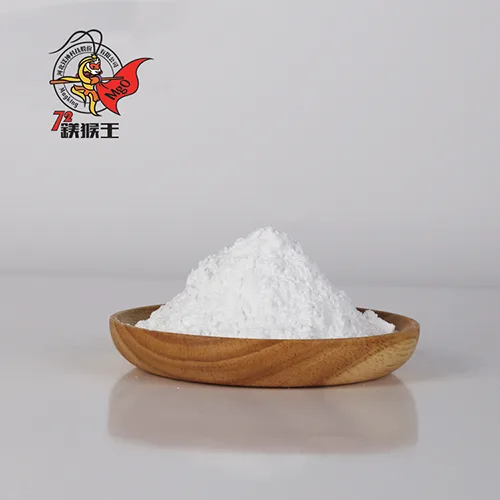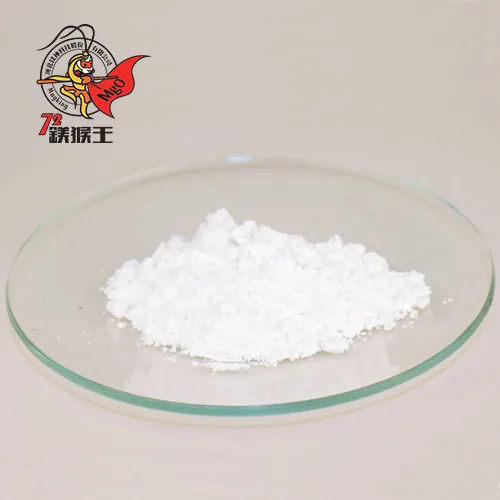Magnesium oxide (MgO) is a white, high-melting-point compound widely used in medicine due to its alkaline nature. It is commonly utilized as an antacid, laxative, magnesium supplement, and pharmaceutical excipient. This article explores its medical applications, benefits, potential risks, and frequently asked questions.
Uses of Magnesium Oxide in Medicine
Antacids
Magnesium oxide is a widely used antacid that neutralizes excess stomach acid, relieving conditions such as heartburn, acid reflux, and indigestion. Due to its alkalinity, MgO reacts with stomach acid to form magnesium chloride and water, providing rapid and long-lasting relief.
Laxatives
Magnesium oxide functions as an osmotic laxative by drawing water into the intestines, softening stool, and promoting bowel movements. It is commonly used to treat occasional constipation. However, excessive use can lead to diarrhea, dehydration, and electrolyte imbalances.
Magnesium Supplements
Magnesium is an essential mineral involved in nerve function, muscle contraction, and bone health. Magnesium oxide is used to treat magnesium deficiency (hypomagnesemia), which can result from poor diet, chronic diseases, or certain medications. Controlled dosages help restore normal magnesium levels and prevent complications like muscle cramps and irregular heartbeat.
Pharmaceutical Excipients
Magnesium oxide serves as a filler or pH regulator in the formulation of tablets and capsules. It enhances drug stability and absorption, improving the effectiveness of pharmaceutical products.

Benefits
Neutralizes Stomach Acid
As an antacid, magnesium oxide provides effective and long-lasting relief from acid-related discomforts. Unlike some other antacids, it does not cause excessive gas or bloating, making it a preferred choice for many users.
Relieves Constipation
Magnesium oxide acts gently on the digestive system to promote regular bowel movements. It is often recommended for short-term constipation relief without causing dependency when used appropriately.
Supplements Magnesium
Maintaining adequate magnesium levels is crucial for overall health. Magnesium oxide provides an affordable and accessible way to prevent or correct magnesium deficiency, supporting muscle function, nerve health, and energy production.
High Safety
When taken in appropriate doses, magnesium oxide is generally well-tolerated. It has a low risk of severe side effects compared to other medications, making it a safe option for many individuals.
Enhances Bone Health
Magnesium plays a vital role in bone metabolism by aiding calcium absorption and bone mineralization. Adequate magnesium intake can contribute to stronger bones and reduce the risk of osteoporosis.
Potential Risks
Despite its benefits, magnesium oxide carries some potential risks:
- Electrolyte Imbalance: Excessive use, especially as a laxative, can lead to dehydration and loss of essential electrolytes like potassium and sodium.
- Hypermagnesemia: Individuals with kidney problems may struggle to excrete excess magnesium, leading to high magnesium levels in the blood. Symptoms include nausea, muscle weakness, and irregular heartbeat.
- Drug Interactions: Magnesium oxide may reduce the absorption of certain medications, such as tetracycline antibiotics and iron supplements. To prevent interactions, it is advisable to take MgO at least two hours apart from other medications.
Conclusion
Magnesium oxide is a versatile and widely used compound in medicine. From treating acid reflux and constipation to preventing magnesium deficiency, its benefits are significant. However, proper dosage and awareness of potential risks are essential to avoid adverse effects. Always consult a healthcare professional before using magnesium oxide for medical purposes.
FAQs
1. How long does it take for magnesium oxide to work as a laxative?
Magnesium oxide typically takes 6 to 12 hours to produce a bowel movement. It is recommended to take it with a full glass of water for optimal effectiveness.
2. Can magnesium oxide be taken daily as a supplement?
Yes, magnesium oxide can be taken daily to prevent magnesium deficiency. However, it is important to follow recommended dosages to avoid potential side effects like diarrhea.
3. Who should avoid magnesium oxide?
Individuals with kidney disease, severe heart conditions, or those taking medications that interact with magnesium should consult a doctor before using magnesium oxide to prevent complications.


